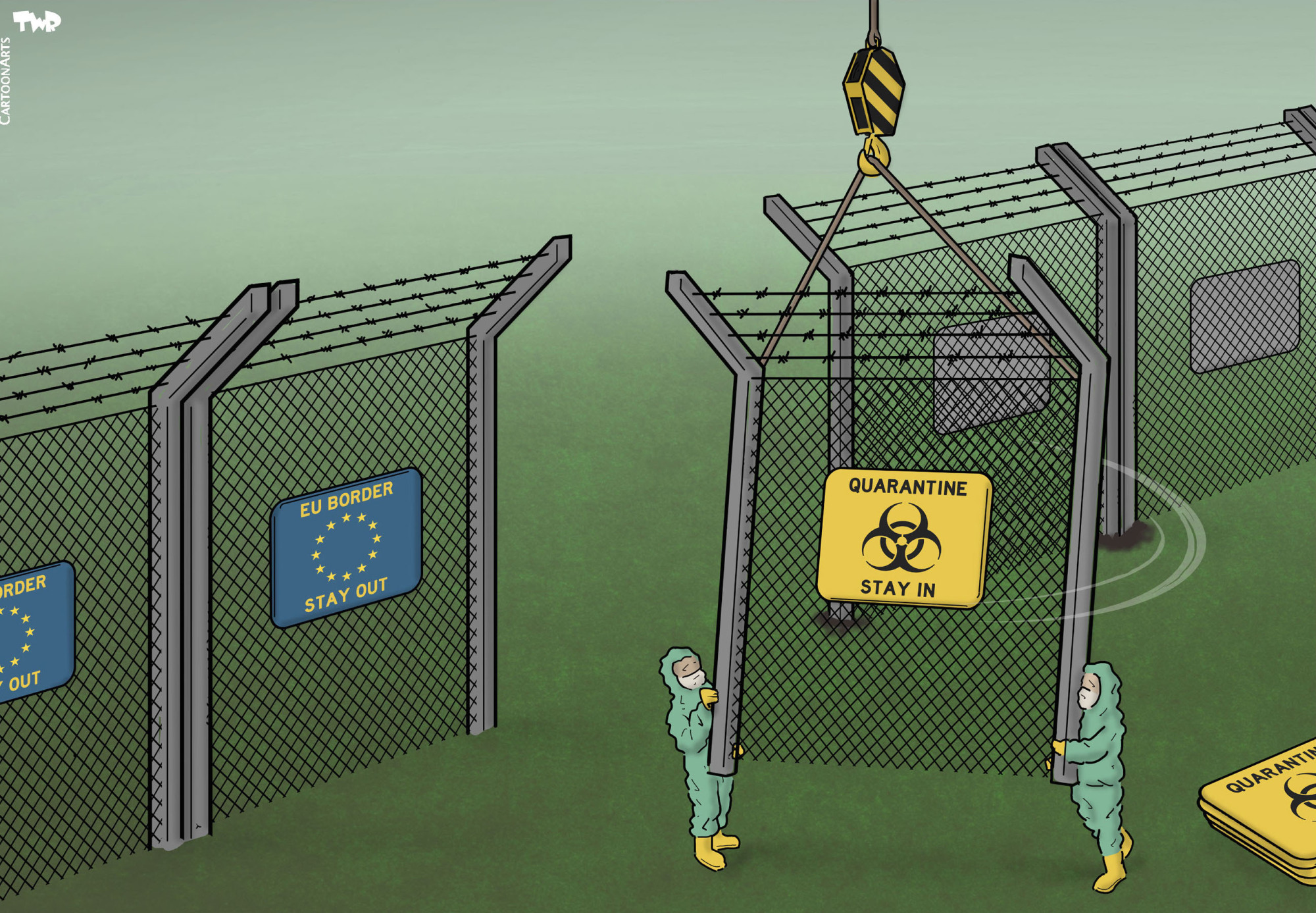Italy has adopted seemingly draconian measures to stop the outbreak of COVID-19 that had killed 463 people in the country as of Monday and forced a further 733 into hard-pressed intensive care units.
Some 17 million people are now in quarantine in the northern region of Lombardy and in 14 other provinces, including Venice. The government has also closed down public spaces such as gyms and pools in these areas, and severely restrained the use of bars and restaurants. Theaters, cinemas and museums will be shut across the country.
These steps, which follow an earlier decision to close down schools across the country, are the harshest in Europe, reflecting the magnitude of the outbreak in Italy. Yet they still fall short of the measures China took in January to contain an outbreak in the city of Wuhan and the surrounding region of Hubei. This shows the limits of how far a democratic state can go to constrain the liberties of its citizens when dealing with a medical emergency — and raises questions about how effective the measures will be.


















With your current subscription plan you can comment on stories. However, before writing your first comment, please create a display name in the Profile section of your subscriber account page.